Swapping out plastic
Five easy sustainable swaps to help reduce your carbon footprint | by Lorna King

Ditching plastic might feel impossible, but it's necessary. True, the burden shouldn't be on individuals to transform global patterns of consumption and production. But if you can make a change that will do good, then why not make it?
According to Deutsche Welle, the plastic industry is the second largest source of industrial greenhouse gas emissions. 99% of plastic comes from fossil fuels. If we were to meet the goals of the Paris Climate agreement, up to 13% of our carbon budget in 2050 would be used up by plastic.
Overcoming this plethora of plastic is difficult. It largely has to do with how we conceive of waste. We live in a throwaway, consumer culture where products are designed to have short lifespans so that we buy more of them. But we also live on a finite planet. As Rachelle Strauss of ZeroWasteWeek says, when we throw things away they don’t just go “away”, they go elsewhere. There just isn’t space for all our trash.
But we can take action ourselves, if we reject single-use products and “planned obsolescence”, instead opting for reusable, long-lasting alternatives.
Needless to say, completely removing one's plastic consumption won’t happen overnight. But that's alright. Everyone has to walk before they can run.
I’ve picked these five simple swaps because they are cheap, convenient and impact day-to-day habits significantly—perfect for anyone beginning the journey to zero-waste.
Carry Your Every Need
The problem: Plastic Bags
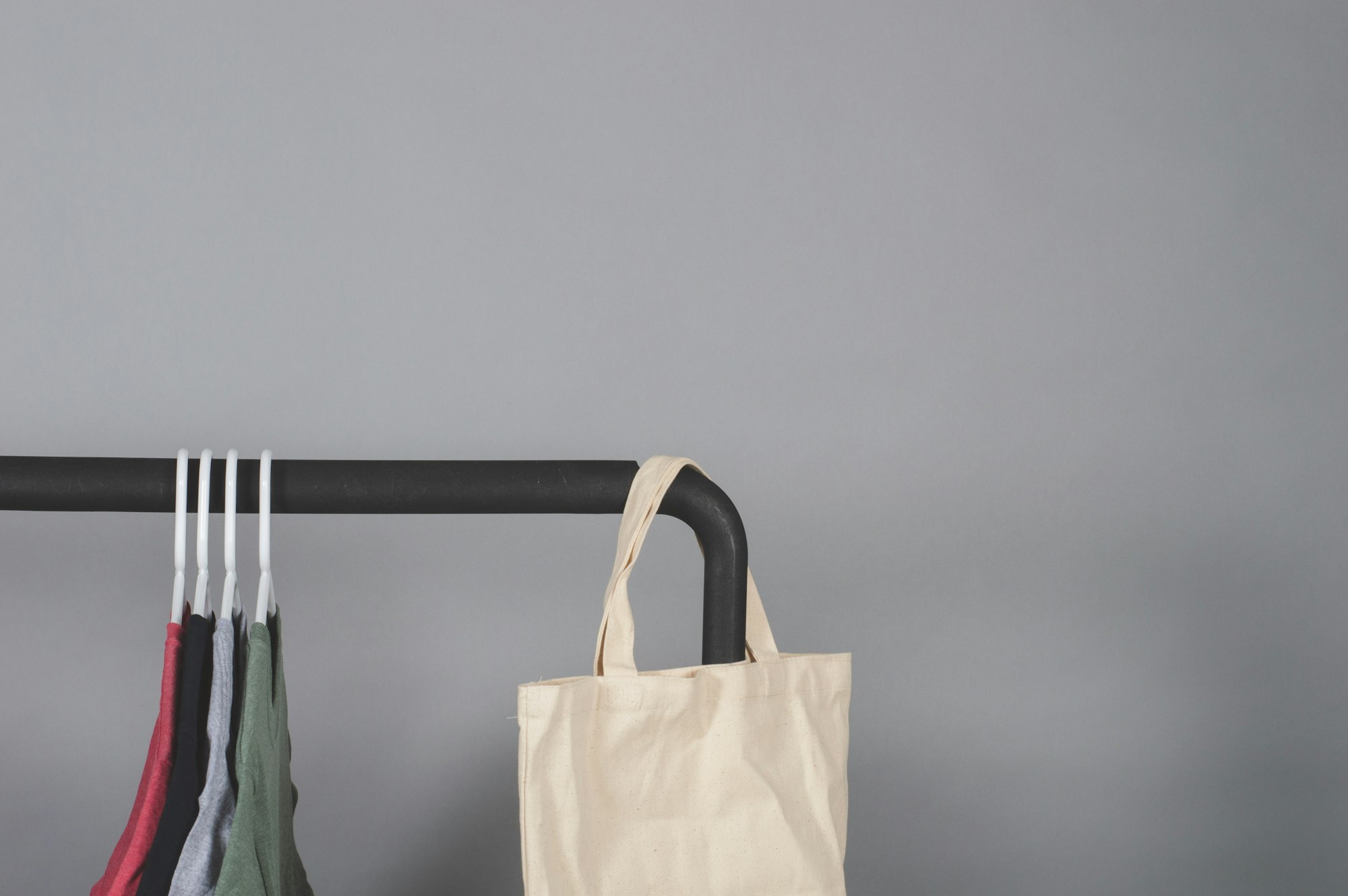
On average, a single plastic bag is used for only 12 minutes. Yet that same bag can have a life expectancy of 1000 years. They’re unpleasant to carry, easily broken, and in all honesty, pretty ugly, especially when they wash up in the ocean. Although the 5p charge successfully reduced use by 85%, there’s an even simpler answer to help you ditch plastic bags for good.
The solution: Tote Bags
Fabric tote bags are incredibly useful. They’re cheap—sometimes even free—and they fold down neatly to tuck away in your coat pocket, handbag or backpack. Try not to hoard them though. Often produced hundreds of miles away, the carbon footprint of a tote bag is far higher than that of an individual plastic bag. Have one or two you really like and then reuse them.
Caffeine On-The-Go
The problem: Disposable Coffee Cups
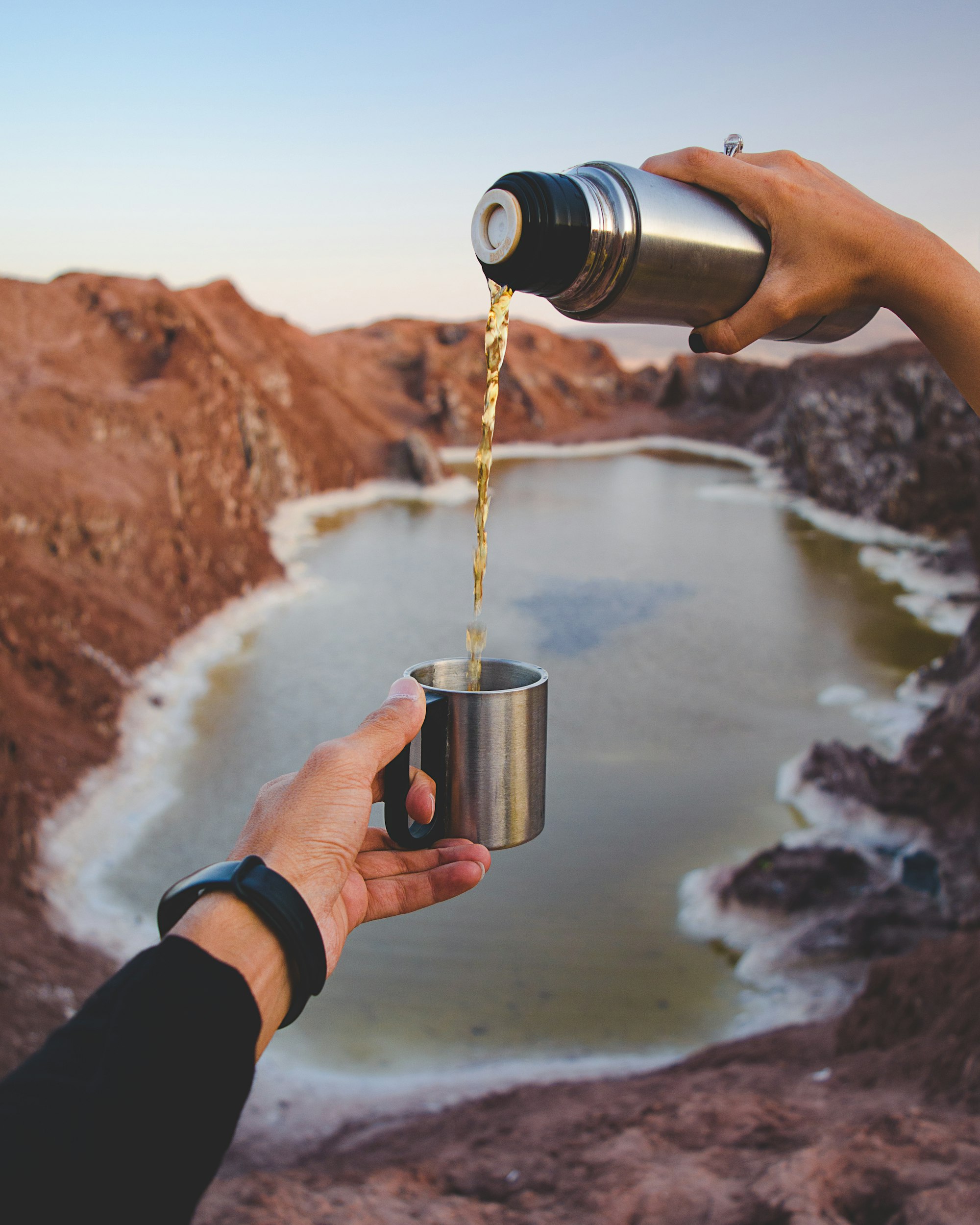
Paper coffee cups may look innocent and recyclable but the vast majority are actually lined with polyethylene plastic. Worse still, because of the exposed edge inside the cup, they have to be made from brand new paper to avoid health risks caused by residual ink from recycled paper. Fewer than 1 in 400 are recycled (that’s 0.25%) and in the U.K. we use 10,000 every two minutes.
The solution: Reusable Takeaway Mugs
Lots of cafés happily accept reusable coffee cups, with many independents selling alternatives in store. More and more places (Pret included) are also rewarding drink discounts when you bring your own cup.
Staying Hydrated
The problem: Disposable Water Bottles
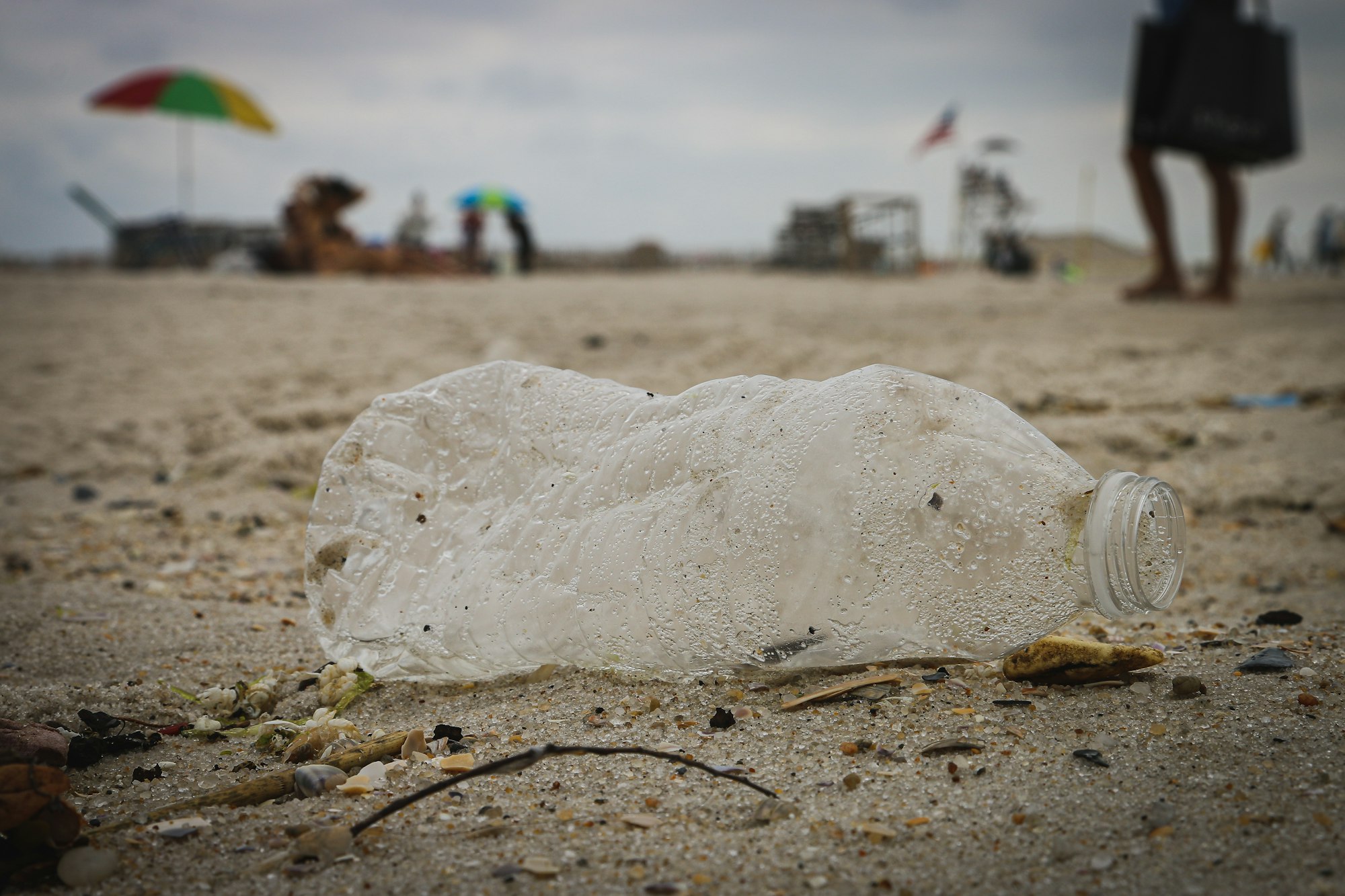
Brits use 7.7bn single-use water bottles per year, but around only half will ever be recycled. This is an absurd amount of waste. Unless you lack access to sanitary drinking water, bottled water is never necessary.
The solution: Travel Bottles
There are plenty of glass or stainless steel water bottles to choose from, many of which can also serve as thermos flasks. These can be pricy, so if you’re on a budget reusable plastic ones are a good alternative too—just make sure you look for BPA and phthalate free to avoid long-term risks.
Lunch, Light Snacks and More
The problem: Takeaway Packaging
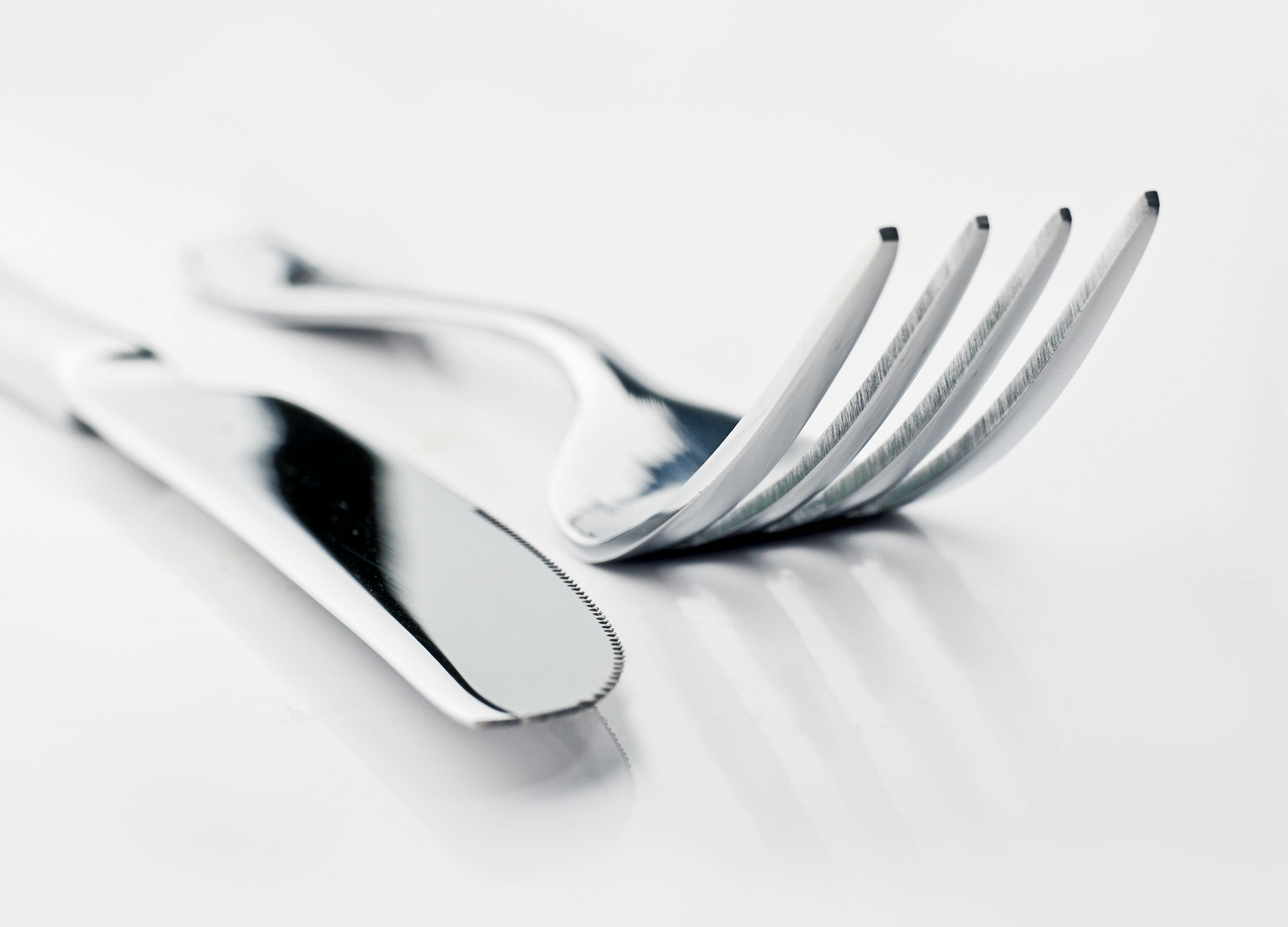
So much takeaway food is wrapped in, boxed in, or served with plastic. A 2017 survey by the Marine Conservation Society found, on average, 138 pieces of food and drink waste on every 100 metres of beach.
The solution: Lunch Boxes and Reusable Cutlery
Packing your own lunch not only saves on waste but on price too. If you prefer a takeaway lunch, having a reusable container allows you to skip the disposables and still get food to go. Plus, they come in handy when you want to buy package free from a deli or grocery. I always keep one in my bag, whether it's full of food or not.
You can also buy bamboo cutlery, however if (like me) you think this is a little excessive, packing a fork from home works just fine.
Sip and Save
The problem: Plastic Straws
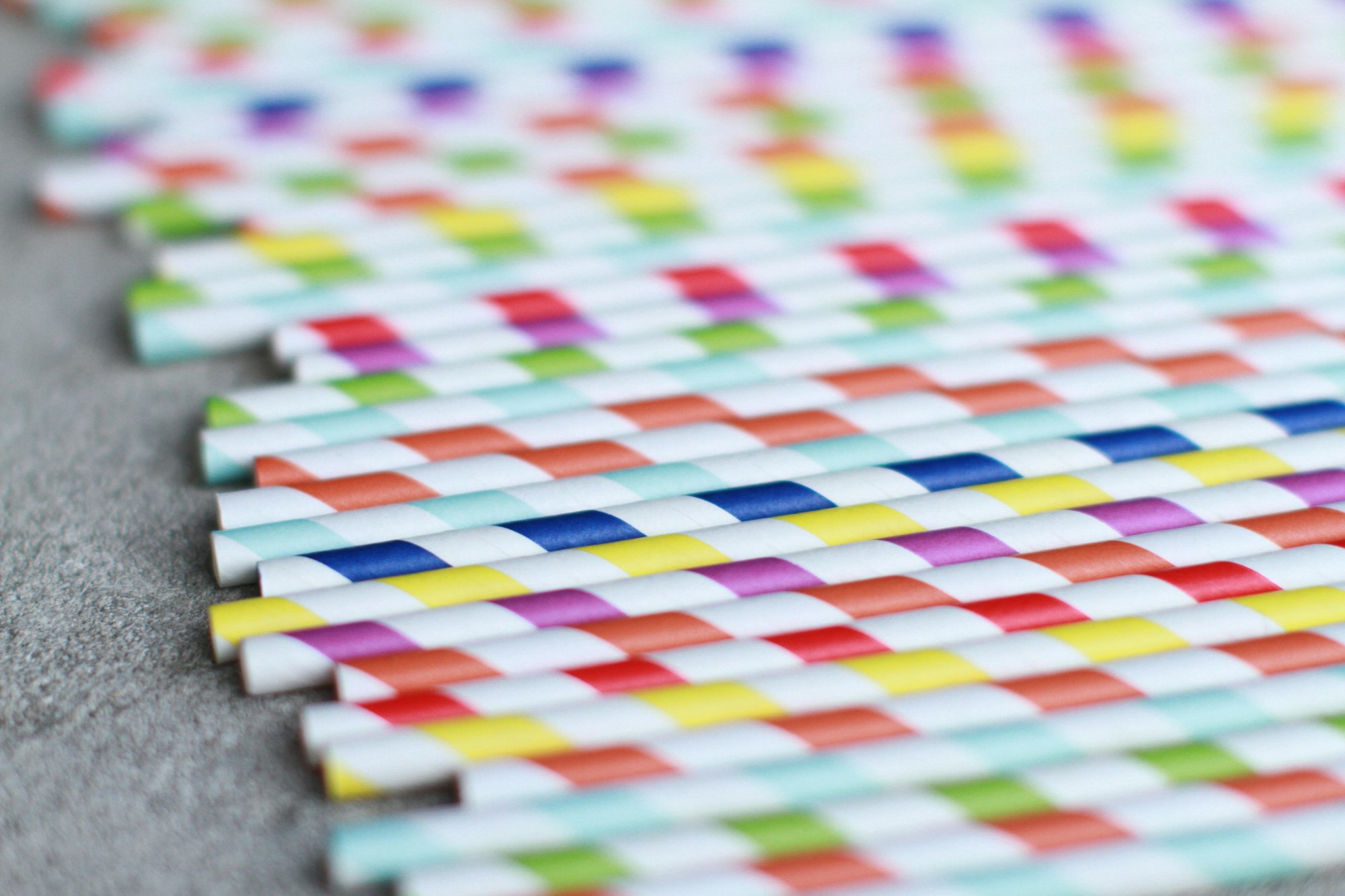
Like everything else on this list, plastic straws are a menace to our ecosystems that aren’t going away anytime soon. Straws are often mistaken for food by seabirds, fish and marine mammals at which point they become hazardous not only in suffocating animals but in releasing toxic chemicals into the food chain. Pardon the pun, but they really do suck.
The solution: Alternative Materials
Lots of bars and restaurants have cottoned on to how problematic plastic straws are and now only give them out on request. Better yet, more places are stocking biodegradable alternatives, including delightfully retro ones made of thick, patterned paper.
The simplest way to save on waste is to just say no thank you to straws. If, however, you do like a straw with your drinks and don’t want to rely on the chance of biodegradable options being available, there are metal and bamboo ones you can buy instead.
In the UK, plastic straws have thankfully now been banned.
Where can you find these products?
By far the best place to buy sustainable products is in local, independent shops. When you spend money at small retailers, profit stays within your area, circulates within the local economy and benefits your home -town, -village, -city in the long run.
If you can’t find anything local, the next best place is to head directly to brand websites. Throughout this post, I’ve linked a few options from manufacturers that have made strong commitments to sustainability.
I’d like to stress, if you already have reusable containers made of plastic that are in perfect working condition, by all means please keep using them. The point is make less waste, not to fit an aesthetic. My current lunch boxes are made of silicon and I intend to use them until they break. However, if you are concerned about the health risks of BPA and phthalates that leach from plastic, swap to stainless steel or glass and dispose of your plastic responsibly.
This article is an abridged version of "5 Easy Sustainable Swaps" by Lorna King (@lornatmking), republished with permission from her blog Enough of this Trash.
Photo by John McArthur on Unsplash

